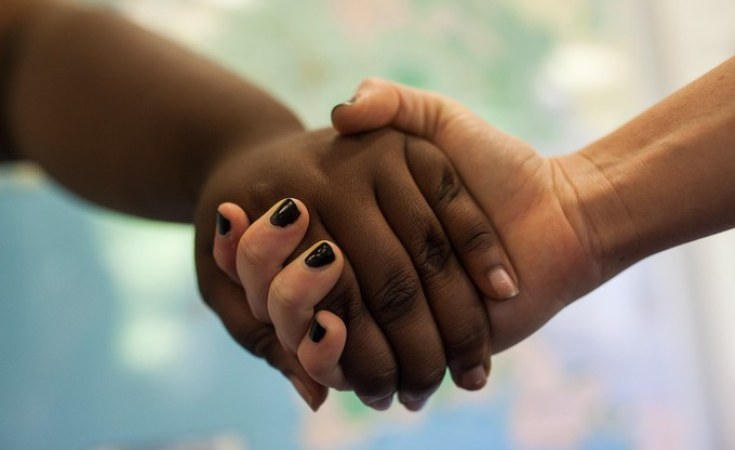Windhoek — The Supreme Court of Namibia has ruled in favor of recognizing same-sex marriages from other countries, making Namibia only the second nation on the continent to do so after South Africa.
A small group of LGBTQ activists gathered at Namibia's Supreme Court Tuesday where justices ruled in a 4 to 1 vote that Namibians married to foreign nationals in foreign jurisdictions must be recognized as any other couple within the country.
One of the judges, JA Mainga, dissented on the basis that the laws of Namibia do not recognize same-sex relationships. The other four judges, however, ruled that not recognizing same-sex couples infringes on their rights to dignity and equality.
VOA spoke to the legal counsel of the two same-sex couples, Carli Schickerling, who appealed an earlier judgement of the High Court of Namibia not to recognize their same-sex marriages.
"Today after a six-year battle, we finally won and the court has ruled that the Ministry of Home Affairs has to recognize these marriages by foreign spouses to Namibian spouses," said Schickerling.
Over the past few months, the Supreme Court of Namibia has been hearing similar cases that deal with the subject of homosexuality.
In one case, a Namibian citizen, Friedel Dausab, is asking for the repeal of an anti-sodomy law. In another case, which was dismissed in March, a Mexican national and his Namibian partner asked the top court to grant Namibian citizenship to their child, conceived through surrogacy in South Africa.
The Mexican national in that case, Guillermo Delgado, spoke to VOA outside the Supreme Court on Tuesday.
"Our case is very similar and this represents a direct victory also for us, recognition that for marriage and our dependents," said Delgado.
Linda Baumann of the Diverse Women's Organization said this judgment will help homosexual couples get access to the same services as heterosexual couples.
Hypothetically speaking, she said, as a lesbian woman she could bequeath her estate to her lesbian partner when she dies, or she might be able to buy a house together with a same-sex spouse if the court gave rights to same-sex couples in all spheres of society.
She cautioned that this is just a ruling.
"It is important to understand the status of this case; it's couples that are coming back to this country to claim their right to equality, their right to dignity and their right to family. To answer that question about same-sex marriages, I believe that a lot of LGBTQ people in this country, we experience a number of inequalities in service, in benefits, in having the right to say something over your partner," said Baumann.
While over 30 African countries have laws prohibiting same-sex relationships, Namibia, Botswana and South Africa have taken a different stance.
Many gay Namibian couples now get married in South Africa, and after Tuesday's ruling, activists are asking whether gay couples should have the right to get married in Namibia as well.


